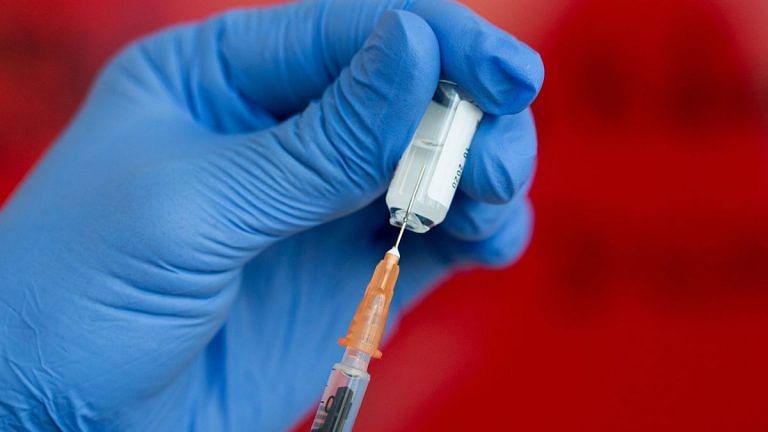New Delhi: The Delta plus variant does not have significantly increased immune escape properties compared to the Delta variant. This means that people who have been infected with the Delta variant are not at a significantly increased risk from the Delta plus variant, according to the weekly bulletin by the Indian SARS-CoV-2 Genomics Consortium (INSACOG) published Wednesday.
INSACOG is a multi-laboratory, pan-India network to monitor genomic variations in the SARS-CoV-2 virus by sequencing samples circulating in India.
The Delta plus variant — defined by the mutation K417N — evolved from the Delta variant (B.1.617.2) which dominated the second wave throughout India.
There are multiple sub-lineages of Delta plus such as AY.1 and AY.2. When these variants were first identified, there was a fear that they may be able to escape the antibodies created by exposure to previously circulating variants of SARS-CoV-2. Had this been true, the people who had been infected before or had been vaccinated would once again be vulnerable to Covid.
In its statement, INSACOG said that “the Delta plus K417N is antigenically similar to Delta with cross-neutralization.”
This means that the spike protein of the two variants is similar, and antibodies that are able to neutralise the Delta variant remain effective for the Delta plus variant.
The bulletin, however, added that breakthroughs infections — which are infections caused in people who have received both doses of the vaccine — with Delta continue to be highly frequent and the same is likely to be true for Delta sub-lineages.
However, vaccination breakthroughs with Delta sub-lineages are well within the numbers expected from the total number of infections.
“Vaccines continue to protect against severe disease and remain a cornerstone of public health strategy,” the researchers said in the bulletin.
Also read: Vaccines cut risk of hospitalisation by 70%, Lancet study on breakthrough infections finds
Delta dominant lineage in India
Delta continues to be the dominant lineage in India. The total number of Delta sub-lineage (AY.1 to AY.12) in India is only 856 out of all samples analysed, which is much less than what has been reported by global websites.
There are no new ‘variants of concern’ or ‘variants of interest’ added globally.
The team also noted that the AY.12 variant, which was first noted in Israel and is leading to a rise in the number of cases there, has not yet been detected in India.
The bulletin, however, has not made any mention of the C.1.2 — a new SARS-CoV-2 variant identified in South Africa —that has raised concerns.
The INSACOG consortium has sequenced a total of 82,361 samples in total, whereas more than 3.28 crore people in the country have been infected so far — which means just about 0.002 of samples in India have been sequenced.
Also read: Fatigue, hair loss, depression — study on long Covid shows what Wuhan patients suffer a year on
